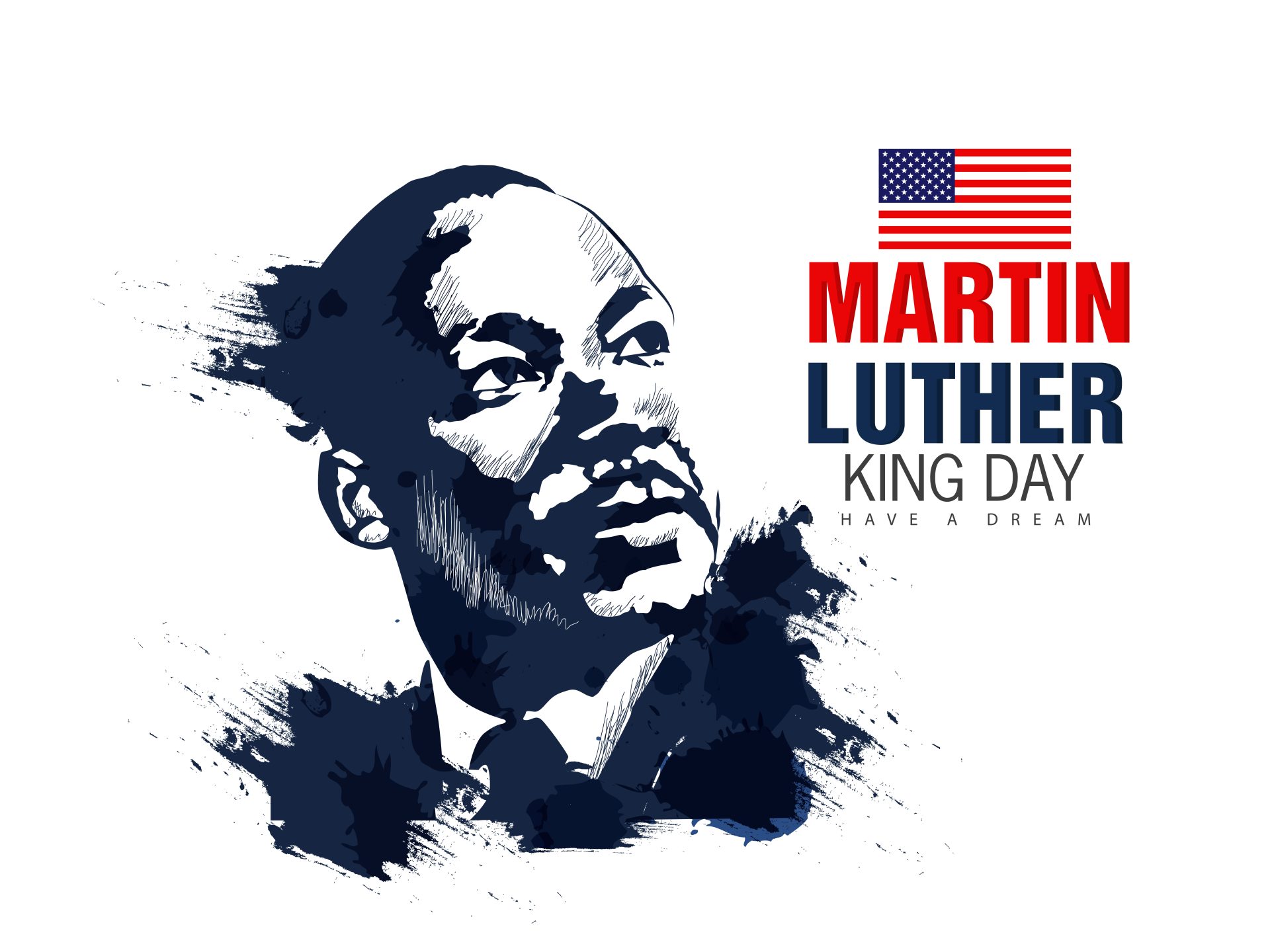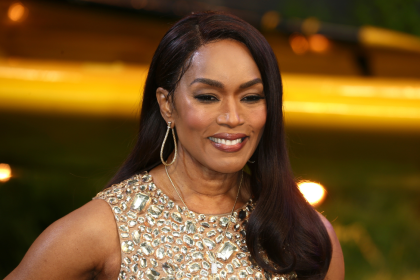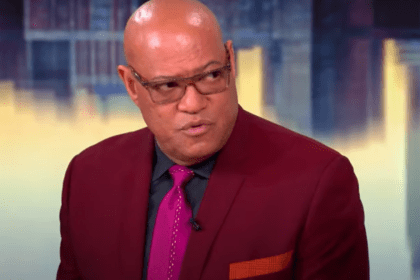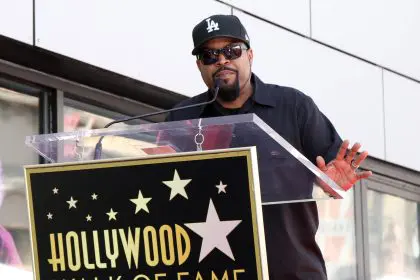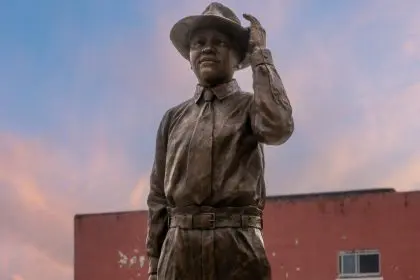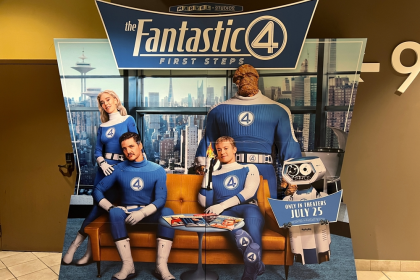In an era where political divisions run deep and social justice remains a pressing concern, Martin Luther King Jr.’s message of unity and equality resonates with renewed urgency. As Americans wrestle with ongoing challenges to civil rights and social justice, these powerful films serve as both a reminder of how far we’ve come and how far we still need to go.
The historical weight of the moment
The intersection of political transitions and civil rights commemorations creates a powerful moment for reflection. When presidential inaugurations coincide with celebrations of Dr. King’s legacy, Americans find themselves contemplating the distance between his dream and our current reality. These films offer a window into that journey, illuminating both progress and setbacks in the ongoing struggle for equality.
Selma: A masterpiece of historical storytelling
Ava DuVernay’s acclaimed film brings the 1965 voting rights march to vivid life through David Oyelowo’s transformative performance as Dr. King. The film masterfully captures the tension, courage, and strategic brilliance behind one of the civil rights movement’s defining moments. Beyond its Oscar-winning “Glory” by Common and John Legend, Selma resonates with contemporary audiences by highlighting the practical challenges of organizing for social change.
The film’s depiction of the careful planning and personal sacrifices behind the march reminds us that progress rarely comes easily. Through intimate scenes and sweeping historical moments, Selma shows how Dr. King balanced public leadership with private struggles, offering insights relevant to modern activism.
MLK/FBI: Exposing the shadow war
This revealing documentary pulls back the curtain on one of American history’s most troubling chapters. Through recently declassified files and expert interviews, the film exposes the FBI’s systematic campaign to discredit Dr. King. This darker chapter of civil rights history offers crucial context for understanding both historical and contemporary challenges to social justice movements.
The documentary’s exploration of government surveillance and attempts to undermine civil rights leadership carries particular weight in our current political climate. It reminds viewers that progress often faces resistance from established institutions, a lesson that remains relevant today.
King: A filmed record that stands the test of time
This Oscar-nominated documentary captures the raw energy and urgency of the civil rights movement through pristine archival footage. From Montgomery to Memphis, the film chronicles Dr. King’s evolution as a leader and the movement’s growing sophistication. Its unvarnished look at historical events provides valuable context for contemporary social justice efforts.
The documentary’s extensive use of primary sources offers viewers an unfiltered view of both triumphant moments and painful setbacks. This historical perspective helps modern audiences understand the persistence required for lasting social change.
I am MLK Jr: Connecting past and present
Through interviews with activists, athletes, and artists, this documentary explores how Dr. King’s legacy continues to inspire new generations. The film draws direct lines between historical civil rights struggles and contemporary movements for social justice. Testimony from figures like Rev. Jesse Jackson and the late John Lewis bridges past and present, offering valuable insights for modern activists.
The documentary’s focus on King’s continuing influence helps viewers understand how his principles can guide current efforts for social change. It demonstrates that his message remains relevant across generations and circumstances.
4 Little Girls: When tragedy catalyzes change
Spike Lee’s powerful documentary about the 16th Street Baptist Church bombing reveals how tragedy can galvanize a movement. The film’s intimate portrayal of the victims and their families reminds us of the human cost of hatred and the importance of continuing the fight for justice. Dr. King’s eulogy for the victims, featured in the film, remains one of his most moving calls for social change.
Through personal interviews and historical footage, Lee creates a devastating portrait of racial violence while highlighting the resilience of the civil rights movement. The film serves as both historical document and contemporary warning about the consequences of unchecked hatred.
What these films teach us about today
Together, these five films offer more than just historical documentation. They provide crucial lessons for contemporary social justice movements and remind us that progress requires sustained effort across generations. In our current political climate, where debates about racial justice and civil rights continue to divide the nation, these stories offer both inspiration and practical guidance.
The relevance of these films extends beyond their historical value. As America continues to grapple with questions of racial justice, voting rights, and social equality, Dr. King’s strategies of nonviolent resistance and moral persuasion offer valuable lessons for contemporary activists. These documentaries and dramatic interpretations help translate those lessons for modern audiences.
The bottom line
In times of political uncertainty and social division, these films remind us of the power of principled leadership and collective action. They show us that while the specific challenges may change, the fundamental struggle for justice and equality continues. By studying these powerful portrayals of Dr. King’s work and legacy, we can better understand how to carry his vision forward into the future.
These films do more than commemorate history, they provide a roadmap for continuing the work of building a more just and equitable society. As we face contemporary challenges to civil rights and social justice, they remind us that change is possible through persistent, principled action. The dream that Dr. King articulated remains both an inspiration and a challenge to each new generation.

